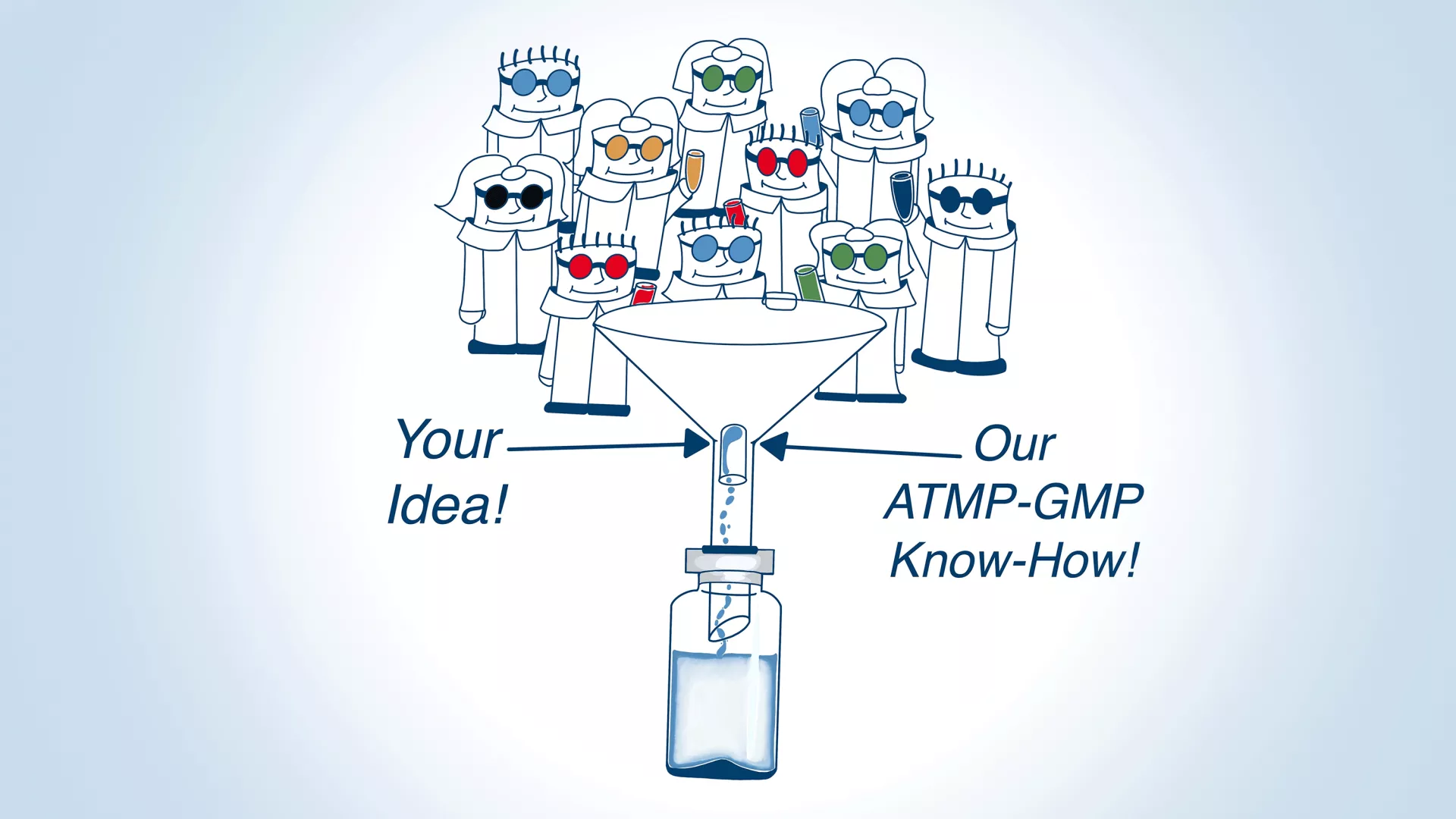GMP requirements for ATMPs are regulated separately
Separate GMP regulations have been developed to meet the special requirements for the manufacture of cell and gene therapies. The "Guidelines on Good Manufacturing Practice (GMP) specific to Advanced Therapy Medicinal Products" were adopted by the European Commission on November 22, 2017 and have been mandatory since May 2018.
The following documents apply to the development of ATMPs:
Part IV of the EU GMP Guideline is intended to support the development of new therapy forms, as it is particularly applicable to the manufacture of new ATMPs/iATMPs. In contrast to Part I of the EU GMP guideline, which describes standard requirements for the manufacture of medicinal products, manufacturers can implement alternative approaches for cell and gene therapies in accordance with Part IV if they can demonstrate that the quality, safety, efficacy, and traceability of the product is guaranteed.
This explicitly means that alternative procedures must be considered on a risk-based approach. The result is a greater amount of documentation (risk analyses, assessments, reports), while new requirements must be formulated that are attributable to the special characteristics of these therapies. Since there is not yet sufficient information available for these novel products, the obligation to retain documents has been extended to 30 years. The requirements are independent of whether a medicinal product is individually prepared within the scope of an exceptional authorization in accordance with § 4b of the German Medicinal Products Act (AMG), for use in a clinical trial, or as an approved market product. Further information on clinical trials of cell and gene therapeutics can be found here.













